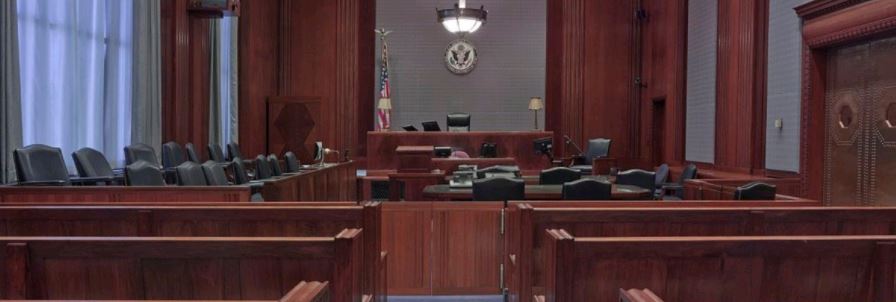Banks and Fiduciary Duty

Does a Bank Have Any Responsibility for Making Loans Ending in Default?
The economy is good now, but business doesn’t stay great forever. In a year or three, there will be a downturn, and a trail of bad bank loans for developers and others who invested in real estate and other things. Banks then sue the investors to collect on the defaulted loans. Creative legal teams have tried to argue that banks have some responsibility to advise, appraise, or evaluate the prudence of investments for customers. ( see Wells Fargo Bank N.A. v Vandorn http://www.starrausten.com/do-bankers-have-a-fiduciary-duty-to-their-customers/ ) .What courts have consistently ruled is that in ordinary lender- borrower relationships, the lender does not owe any such duty to the borrower.
In kind of a reversal of fortune, is a banker obligated to tell the government if something underhanded is going wrong? What if a bank is outside the US- does the banker have an obligation to tell the IRS if someone is cheating on taxes? In United States v. Edgar Paltzer and Stefan Buck, No 1:13-cr-00282-JSR (S.D.N.Y.), Stefan Buck was an officer at Bank Frey, in Switzerland. Since the larger Swiss banks were expelling American Clients, left and right, Bank Frey decided to welcome them. Unlike the big banks, Bank Frey had no US offices and therefore no obligations to the US Government.
Bank Frey actively solicited American accounts from the larger banks, offering bank accounts and ATM cards. Clearly, the motivation of some or all of the account holders was to hide funds from the IRS.
Several of Mr. Buck’s clients were approached to make deals, and reported that Mr. Buck was their contact person.
The Feds said that Mr. Buck helped his customers hide millions. When this had happened to other Swiss bankers, they either stayed within Switzerland, or made deals with the US Government. Mr. Buck decided to face the music, and came to the US, hired an attorney, and decided to fight back. Jurors heard from a parade of Mr. Buck’s former clients, which painted him as a crucial cog in tax avoidance programs. Mr. Buck said that he was under no obligation to tattle; in fact, Swiss secrecy laws prevented him from doing so. Buck’s attorney posited that his client had nothing whatsoever to do with tax cheaters deciding to cheat- that was strictly the American’s decision. The judge, Jed S. Rackoff, lauded Mr. Frey for freely coming to the United States to face the music.
The jury took less than an hour to acquit Mr. Buck.
I do think that the situation is different, though when it comes to basic banking transactions for ordinary people. We’ve all heard of sharp tellers protecting senior citizens from unscrupulous players who seek to steal their life’s savings.
I provided expert witness opinion in Philadelphia in a related situation, Hughes v. Angelo, Hub Bank (now TD Bank), et al, Philadelphia, Pennsylvania CCP November 2007.
In Philadelphia, the greater area of Southeastern Pennsylvania, Central and South Jersey, and Northern Delaware, Lee Tabas of TABASFUNDING is often called upon as expert witness in court cases in such matters.
Currently a private lender for growing companies in the region and former president of Royal Bank of Pennsylvania, Lee Tabas is skilled experienced in business, lending and banking.
